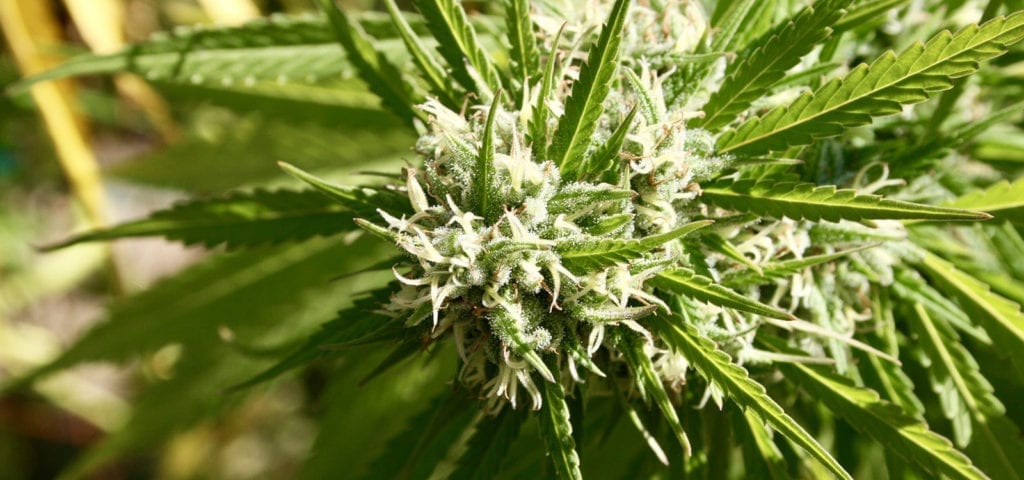A major cannabis study conducted in Australia has found that medical cannabis does almost nothing to relieve chronic pain among users, despite overwhelming anecdotal evidence of the contrary.
The study, published in Lancet Public Health, featured more than 1,500 patients particip[ating in a different study investigating prescription opioid medications. Some 24 percent of those patients also used cannabis and reported their experiences.
“Participants were asked about lifetime and past year chronic pain conditions, duration of chronic non-cancer pain, pain self-efficacy, whether pain was neuropathic, lifetime and past 12-month cannabis use, number of days cannabis was used in the past month, and current depression and generalised anxiety disorder.” — Study authors, via Lancet Public Health
Researchers found that cannabis does not cut pain or lower a patient’s opioid intake. In fact, some cannabis patients’ pain levels and anxiety appeared to rise over the four-year study.
At 4-year follow-up, compared with people with no cannabis use, we found that participants who used cannabis had a greater pain severity score… greater pain interference score… lower pain self-efficacy scores… and greater generalised anxiety disorder severity scores. We found no evidence of a temporal relationship between cannabis use and pain severity or pain interference, and no evidence that cannabis use reduced prescribed opioid use or increased rates of opioid discontinuation.
One issue with the study that has been raised is that the cannabis products used by patients were not regulated or recorded, so there is no way of knowing whether there were issues with cannabis potency, quality, or even regular access to the plant (cannabis was illegal in Australia while the study was conducted, even for medical purposes).
The study was funded by the National Health and Medical Research Council and the Australian Government. It is the first major study addressing this issue and one of the first to produce negative results for the medical cannabis movement.
Other research has shown that medical cannabis programs in the U.S. lead to a reduction in opioid overdoses and that cannabis could be an effective exit drug for opioid dependency.
Get daily cannabis business news updates. Subscribe
End
